A monumental symphonic poem containing one of the world’s most famous musical excerpts, one of the most influential epic poems in English literature, which has inspired many literary and cinematic works to date, and an exciting world premiere: the event titled Doubt and Seeking at the Bartók Spring will bring together the cream of several artistic disciplines at an extraordinary evening exploring the meaning of human existence.
“Zarathustra, awakened one morning by the reddening dawn, stood before the sun and said: Mighty star! What would be your happiness if you had no one to shine upon!”
The first part of Richard Strauss’s Also sprach Zarathustra has probably been heard by everyone. It’s regularly quoted in films, commercials and serials, and for good reason: the monumental, elemental first movement, ending in a sustained organ chord, evoking the sunrise, evokes an immediate, cathartic emotion. It is impossible not to be absorbed by it.
This music, and the richly reflective symphonic poem that builds from it, will be the beginning of the concert, where Gábor Hollerung conducts the Budafok Dohnányi Orchestra.
“Zarathustra was thirty years old when he left his native land and the lake of his native land and retreated to the mountains. Here he enjoyed his spirit and his solitude, and was not tired of it for ten whole years. At last, however, he thought of something else in his heart; one morning at dawn he rose, stepped out into the sunlight and said to the sun: … Zarathustra wants to be a man again.”
This quotation from Nietzsche appears on the first page of Strauss’s score. Selected excerpts from Nietzsche’s philosophical poem on humanity depict the main moments in the journey of Zarathustra, the Persian thinker.
The Sunrise and the uninterrupted subsequent chapters on The Otherworldly, The Great Longing, The Pleasures and Passions, The Lamentations, The Science, The Convalescent, The Dance Song and The Night Wanderer’s Song are about the relationship of human and nature, the search for the way, the spirit, love, the desire for happiness and the infinite love for humanity.
Between the two pieces of music that frame the evening’s programme, Eszter Ónodi will perform excerpts from Milton’s masterpiece Paradise Lost. The epic poem, which is more than 350 years old but still surprisingly modern, portrays Lucifer, the fallen angel, in a rather favourable light, and explores the biblical story of the Fall, while also exploring questions of predestination and free will – as does Imre Madách’s dramatic poem The Tragedy of Man, which inspired the closing piece, Levente Gyöngyösi’s Tragœdia Temporis I.
The musical depiction of beauty, nature and paradisiacal bliss is the winning work of the Müpa Budapest Music Competition 2020, which is now being premiered.
Doubt and Seeking focuses on humanity’s search for the meaning of life, for the sublime, divine quality found in nature and existence. After these large-scale works, we will return home filled with positive thoughts, cathartic experiences and feelings of trust and love.
On 12 April at the Béla Bartók National Concert Hall of Müpa Budapest, the Budafok Dohnányi Orchestra and Gábor Hollerung will be joined by the Cantemus Choir of Nyíregyháza, the Pro Musica Girls’ Choir, Gabriella Balga (Eve), Zoltán Megyesi (Adam), Eszter Zemlényi (Child), Csaba Sándor (Lucifer), Krisztián Cser (The Lord) and Eszter Ónodi. The host of the evening will be Sándor Lukács.
Article: Zsuzsanna Deák
Translation: Zsófia Hacsek

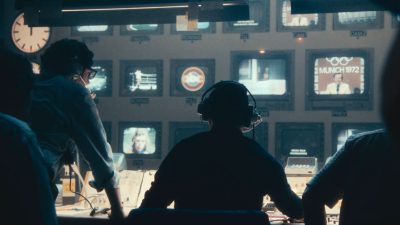
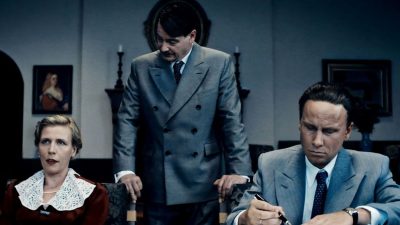
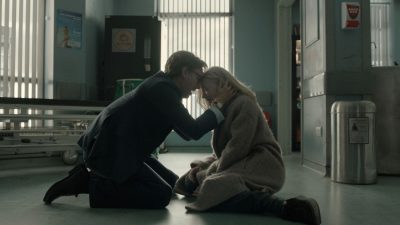

















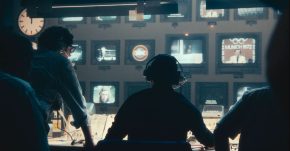
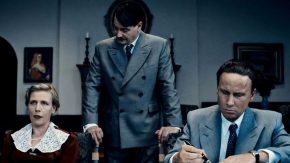
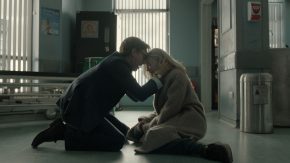


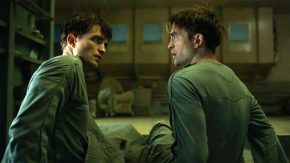
Comments